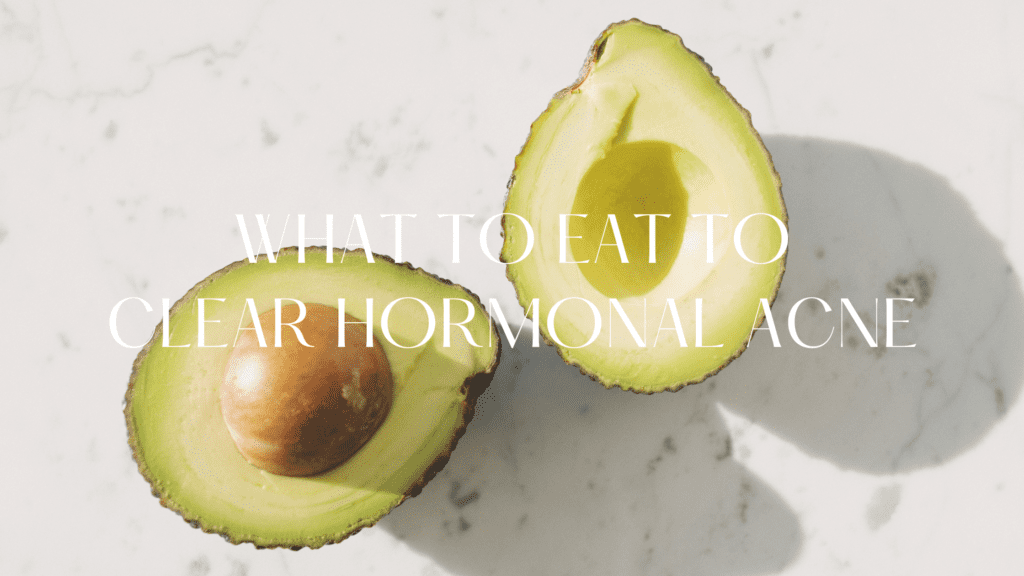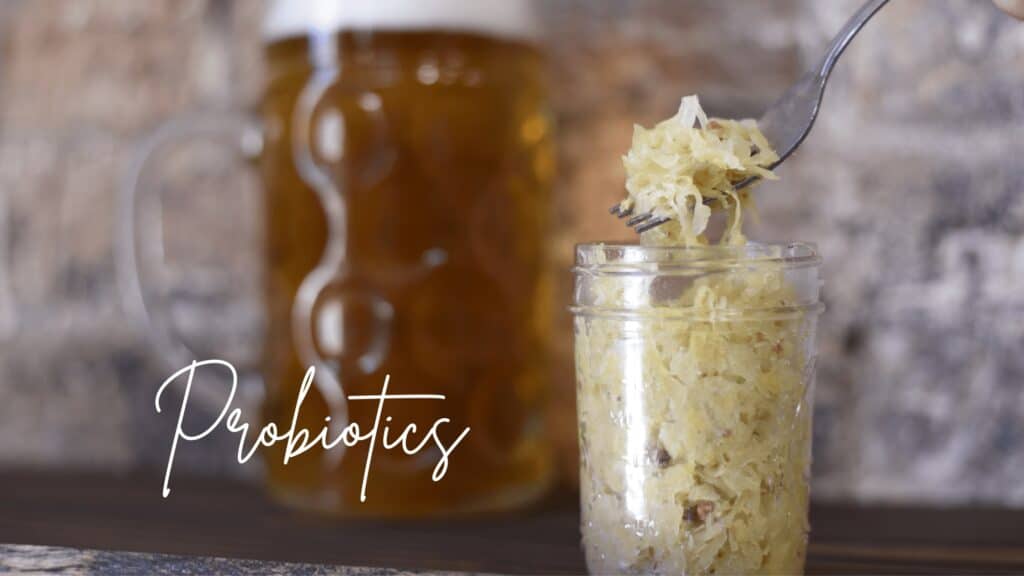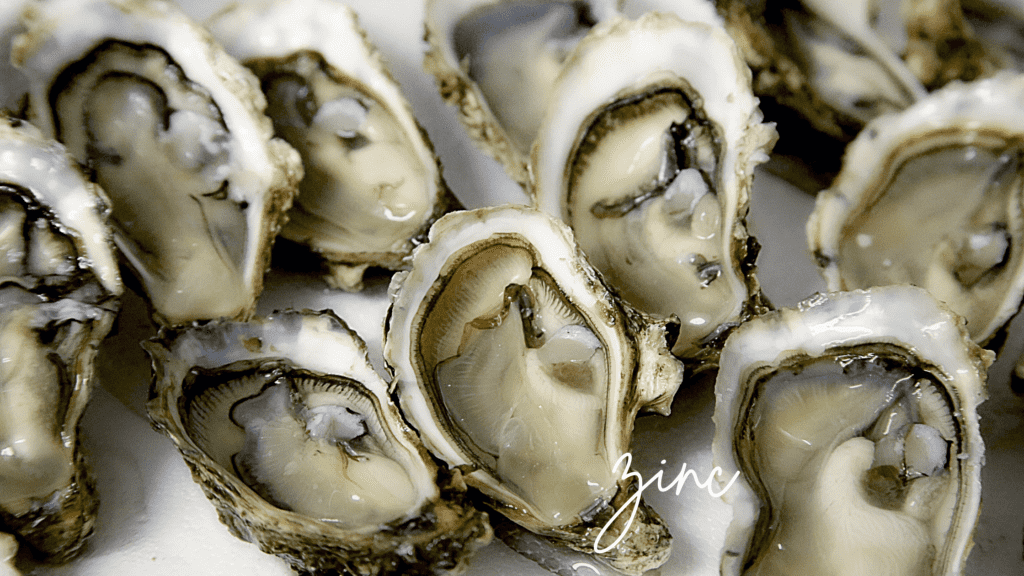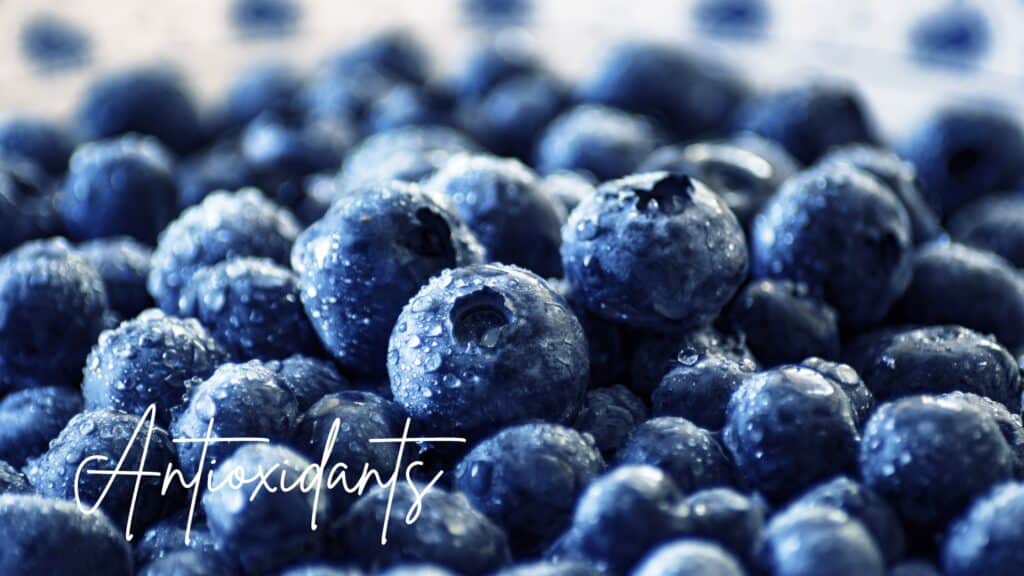Hormonal acne sufferers most likely do a great job of taking care of their skin. They wash their faces religiously, have a skincare routine, and do their best not to pick pimples. But taking care of the skin from the inside out is so important too! If you’ve done all you can for acne but still break out, switching to a hormonal acne diet could be the missing key.
Read on to learn what you should eat to improve acne!

How To Treat Hormonal Acne At Home
Hormonal acne is defined as acne that forms as a result of fluctuations in the levels of hormones your body produces. Those increased hormones can also cause more sebum production, the overabundance of which clogs pores and leads to acne.
What’s the treatment for hormonal acne? You might be surprised that it does not always respond fully to treatment with acne creams, such as retinoids, antibiotics, or even Accutane! This makes sense then, to start with the food you eat!
This is because there are recent studies that do point to a strong relationship between diet and acne, and how our hormones are influenced by what we eat.
One of the easiest and most effective ways to treat hormonal acne at home is by switching to a hormonal acne diet.
The Science Behind Food and How It Affects Skin
For more specific examples, take these instances in which vitamins can affect the skin.
According to NCBI, “Vitamin A plays an essential role in skin’s health. Vitamin A deficiency causes abnormal visual adaptation to darkness but also dramatically affects the cutaneous biology as dry skin, dry hair and broken fingernails are among the first manifestations of vitamin A deficiency.” 1
So there is a great correlation between what we eat and whether it affects our skin positively or negatively.
What we eat can nourish the body in the right way and help prevent inflammation.
If you eat the wrong foods, it is known to cause an imbalance of your hormones. That being said, it will lead to those pesky breakouts that don’t seem to go away no matter your skincare routine!
What To Eat On A Hormonal Acne Diet
Here are 8 tips on what you should and shouldn’t eat on a hormonal acne diet, to balance your hormones and get clear skin.
Raw Carrot Salad To Balance Hormones
The fiber in carrots is said to help remove excess estrogen from the body. Excess estrogen is a factor in why you get those hormonal breakouts around the jaw/lower half of the face! Help avoid your hormones working against you by removing the problem maker. Here is a quick tutorial on how to make a raw carrot salad:
Omega 3 Fatty Acids
Specifically:
- Salmon
- Sardines
- Nuts/Seeds

Omega 3 fatty acids from salmon, sardines, and nuts/seeds are shown to improve acne.
Furthermore, they state, “Numerous studies have revealed that clinical imbalances of specific essential fatty acids are associated with a variety of skin problems. Hence dry, itchy, scaly skin is a hallmark sign of fatty acid deficiency. More relevant to this review is a publication which suggested that the sebum of acne patients is relatively deficient in linoleic acid.” 2
Consider this excerpt from a study done by NCBI:
“… acne is a rare condition in societies with higher consumption of omega-3 (n-3) relative to omega-6 (n-6) fatty acids” 3
To sum up what the same study had found, fish contain “high levels of n-3 fatty acid eicosapentaenoic acid (EPA)” which then work to inhibit inflammatory mediators on the skin which can lead to really severe inflammatory acne lesions. NCBI
Salmon is a tasty and easy way to add omega 3’s into your diet. For a more inexpensive option to still get those omegas and lots of other nutrients that can benefit your skin, try sardines! These also contain less mercury in them since they are a smaller fish. This means you can enjoy a tin a few times a week.
Last, nuts are also an option, but there is evidence that getting “plant omega-3’s” from nuts might not be enough. “Fish omega 3’s” tend to be more active in the body and provide better benefits.
You are better off combining the two for optimal skin and body health!
Probiotics
- Sauerkraut

For a quick explanation, “Acne lesions are associated with increases in proportion of Propionibacterium acnes…”4 on the surface of the skin. According to this study, they found, “environmental studies showed inhibitory effects of probiotics on P. acnes.”4 Therefore, getting probiotics in your diet is so good not only for your gut, but for skin and acne too!
You don’t have to take expensive capsules or supplements to get probiotics.
A great way to consume good probiotics that aid in digestion, prevent inflammation, and improve acne is by sauerkraut!
Look for raw sauerkraut or you can easily make your own! By choosing sauerkraut, you avoid excess sugar or dairy as opposed to choosing an option like yogurt.
Avoiding too much sugar is important, as you will learn a few sections below.
Zinc
- Shellfish like oysters, crab, shrimp
- Nuts
- Legumes

Going back to good old NCBI, they have studied the effects of zinc and acne. They have said, “The results of our study suggest that zinc levels may be related to the severity and type of acne lesions in patients with acne vulgaris.” 5
Relative decrease of serum zinc level in acne patients suggests a role for zinc in the pathogenesis of acne vulgaris.
If acne patients have less zinc, we need to supplement with this mineral to help improve acne! Zinc is known to help inhibit p. acnes, the bacteria that causes acne.
Legumes like chickpeas, lentils, and beans are also a source of zinc, but zinc from this source isn’t as well absorbed as animal zinc in the body. But, “Processing methods like heating, sprouting, soaking or fermenting can help improve its bioavailability.“
Antioxidants
Sticking to foods with antioxidants like the ones found in berries, avocados, grapes, green tea, etc. have benefits for the skin!

Specifically speaking of Vitamin A and E, a study “found that patients with acne had significantly lower plasma concentrations of these antioxidants as compared with the control subjects…” 6
Reasons why adding in antioxidants help with acne include, “oxidative stress may be implicated in the origin of acne and that drugs with antioxidant effects (or antioxidant supplements) may be valuable adjuvants in acne treatment.” 6
“…resveratrol [an antioxidant] has been shown to have bactericidal activity against Propionibacterium acnes, which plays an important role in the pathogenesis of acne.” 6
Antioxidants are also effective in fighting free radical damage.
Choosing berries are an easy and tasty choice, as they are also low in sugar. This is essential for keeping the skin looking young and fighting acne. Speaking of, that takes us right into the next section!
Now that you know about using food to help with acne, let’s learn about the worst foods for acne!
Worst Foods That Cause Acne
Avoid these foods if you have hormonal acne … it can be triggering for it!
Refined Sugars
This is something that I am really familiar with. I used to be addicted to sugar until I found out how much it could affect the skin in terms of premature aging and causing acne.
Excess sugar in the body causes inflammation and a spike in insulin. This in turn causes the release of the hormone androgen, which is a direct factor in causing breakouts.
High Glycemic Foods
White bread, potatoes, rice, and yummy fruits like bananas. These are some examples of everyday foods that we think are fine, but they actually pretty detrimental for the acne fight!
This is because when eaten, these foods are broken down in the body to essentially the same sugars as mentioned above. High glycemic foods will cause the same insulin spike in the body that then turns into androgen release and breakouts.
Here is a list of some high glycemic foods to get you started!
Dairy
Much like the reasons mentioned above, milk can cause a chain reaction in the body that produces breakouts.
According to NCBI, “In particular, dairy products have been incriminated. Milk-derived amino acids promote insulin secretion and induce hepatic insulin-like growth factor-1 (IGF-1) synthesis [10]. IGF-1 has been suggested as the pivotal driver of acne…” 7
Using Food Externally To Get Clear Skin
Click here for a post detailing how you can use salt externally to get clear skin!
When To Expect Clearer Skin After Switching Diet?
According to the dermatologist Harold Lancer, you can experience better skin in 72 to 96 hours by getting rid of sugar! “..their [skin] color will look better, their skin won’t be so oily and they won’t be so dry. Their circles will be reduced, perkier.”
You can probably expect to see better skin within a few weeks after getting rid of the foods that cause acne, and eating more of the foods that help with acne.
Overall Review of Hormonal Acne Diet: Using Food To Help With Acne
I hope you enjoyed learning more about the science behind skincare! This guide should be a great start to getting clear skin, from the inside out with a hormonal acne diet!
Best, Mia
This content is for informational purposes only, and what has worked for me personally based on my own opinions. I am not a professional/medical doctor, and you should always consult your doctor or dermatologist on what will work best for you. The information presented here is not legitimate, official advice from a professional. If you choose to rely on any information from this blog, you do so at your own risk. Please refer to the “Blog Disclaimer” tab in the menu bar to read more information and the official disclaimer statement.
1,2: Pappas, Apostolos. “The relationship of diet and acne: A review.” Dermato-endocrinology vol. 1,5 (2009): 262-7. doi:10.4161/derm.1.5.10192
3: Khayef, Golandam et al. “Effects of fish oil supplementation on inflammatory acne.” Lipids in health and disease vol. 11 165. 3 Dec. 2012, doi:10.1186/1476-511X-11-165
4: Goodarzi, Azadeh et al. “The potential of probiotics for treating acne vulgaris: A review of literature on acne and microbiota.” Dermatologic therapy vol. 33,3 (2020): e13279. doi:10.1111/dth.13279
5: Rostami Mogaddam, Majid et al. “Correlation between the severity and type of acne lesions with serum zinc levels in patients with acne vulgaris.” BioMed research international vol. 2014 (2014): 474108. doi:10.1155/2014/474108
6: Kucharska, Alicja et al. “Significance of diet in treated and untreated acne vulgaris.” Postepy dermatologii i alergologii vol. 33,2 (2016): 81-6. doi:10.5114/ada.2016.59146
7: Juhl, Christian R et al. “Dairy Intake and Acne Vulgaris: A Systematic Review and Meta-Analysis of 78,529 Children, Adolescents, and Young Adults.” Nutrients vol. 10,8 1049. 9 Aug. 2018, doi:10.3390/nu10081049


